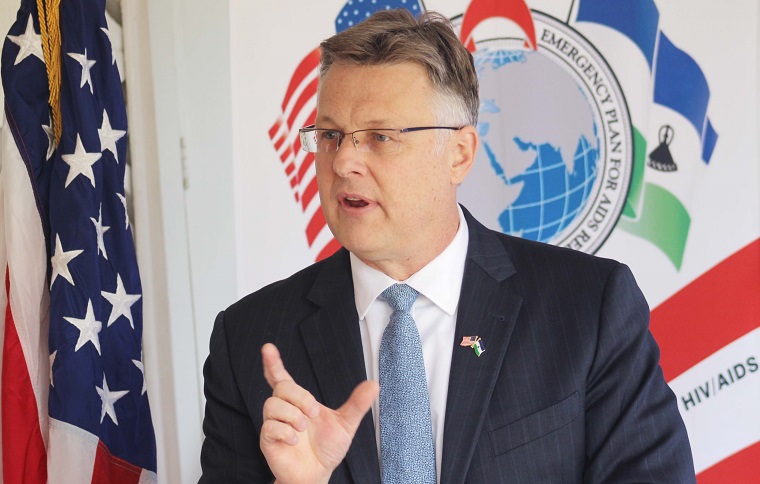Statement by Deputy Assistant Secretary of State for Africa
Matthew Harrington
“Zimbabwe After the Elections”
U.S. Senate Committee on Foreign Relations
Subcommittee on Africa and Global Health Policy
Thursday, December 6, 2018, 10:00 AM
Chairman Flake, Ranking Member Booker, and distinguished members of the committee, thank you for the invitation to testify today. I welcome this opportunity to share the State Department’s assessment of the current situation in Zimbabwe, the state of our bilateral relationship, and the U.S. position on future engagement.
Chairman Flake, let me first take a moment to thank you for your leadership as the Chairman of this Subcommittee. We in the Bureau of African Affairs have been profoundly grateful for your commitment not only to our efforts in Zimbabwe, but also to State Department engagement across the continent of Africa. Assistant Secretary Tibor Nagy sends his regrets that he cannot be here to personally convey his gratitude for your strong support, but he is currently traveling in East Africa.
On July 30, Zimbabwe held its first presidential election without Robert Mugabe in nearly four decades. The election took place after a nearly 40-year history of deeply flawed elections, serious human rights challenges, catastrophic economic mismanagement, and widespread corruption.
There were some encouraging signs in the pre-election period, including the welcoming of credible international observer groups and foreign journalists, and a more permissive campaign environment for members of the opposition. And Election Day itself was peaceful, but that has usually been the case in Zimbabwe. Ultimately, however, the process was marred by the army’s use of deadly force against protestors on August 1 and reports of supporters and state agents of the ruling party ZANU-PF assaulting and abducting members of the opposition in the weeks that followed. It is clear that Zimbabwe has a long way to go – and requires profound political and economic reforms — to sustainably change the path on which it has been for nearly four decades.
Since taking power last year and since his election, President Mnangagwa has regularly stated his commitment to pursuing political and economic reforms, as well as a better relationship with us. We welcome the change in rhetoric from the Mugabe years. Since the election, we have seen some promising signs from the government, including appointment of a new, more technocratic cabinet, announcement of an economic plan acknowledging the need for significant monetary and fiscal reform, and a budget which, if implemented, would make important strides in that direction. So far, however, the pace and scale of reforms has been too gradual and not nearly ambitious enough.
Continued next page
(403 VIEWS)


